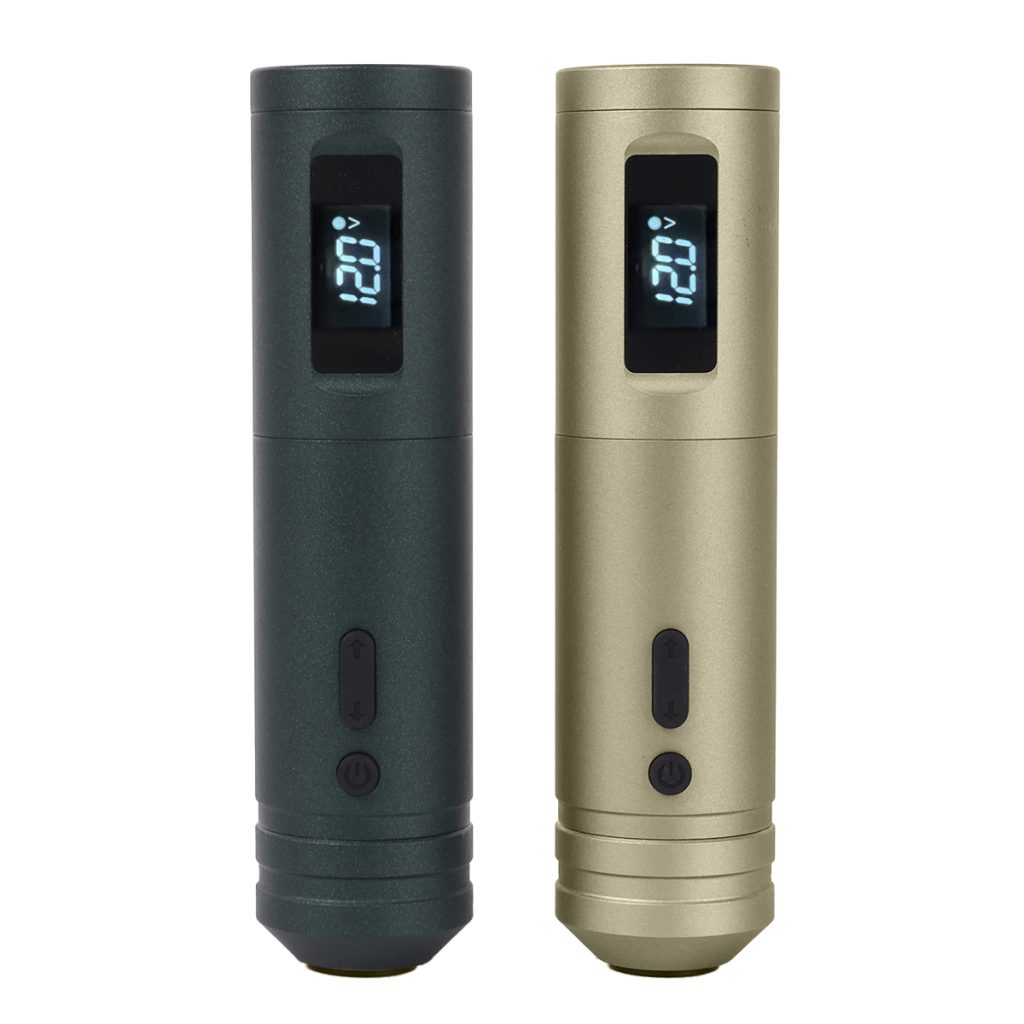
Understand the Different Types of Tattoo Machines
Tattoo machines are essential tools used by tattoo artists to create permanent designs on the skin. There are several different types of tattoo machines, each with its own unique characteristics and functions. Here are some of the most common types:
Coil Machines: Coil machines are the traditional type of tattoo machine. They operate using electromagnetic coils that move a needle up and down to puncture the skin. Coil machines are known for their power and versatility, as they can be adjusted for different needle configurations and shading techniques.

Rotary Machines: Rotary machines use a rotating mechanism to move the needle in a continuous, smooth motion. They are typically quieter and produce less vibration than coil machines. Rotary machines are popular for their precision and ability to create intricate details in tattoos.

Pneumatic Machines: Pneumatic machines, also known as air-powered machines, use compressed air to move the needle. These machines are relatively newer in the tattoo industry and are known for their lightweight design and low noise levels. Pneumatic machines are often favored for their gentle touch on the skin and minimal trauma during the tattooing process.
Pen Machines: Pen machines, as the name suggests, resemble a pen or a marker. They have a more ergonomic design and are easier to handle for long tattoo sessions. Pen machines can be either rotary or pneumatic, and they are becoming increasingly popular among tattoo artists.

Consider Your Needs to Choose the Right Machine
When choosing a tattoo machine, it’s important to consider your specific needs and preferences as a tattoo artist. Here are some factors to consider:
Tattoo Style: Different machines are better suited for different tattoo styles. If you primarily focus on traditional or bold line work, a coil machine may be the best choice due to its power and ability to create strong lines. If you specialize in intricate details and shading, a rotary or pen machine may offer more precision.
Experience Level: Your experience level as a tattoo artist can also influence the type of machine you choose. Beginners may find rotary or pen machines easier to handle and control, while experienced artists may prefer the versatility and customization options of a coil machine.
Comfort and Ergonomics: Tattooing can be a physically demanding task that requires long hours of concentration. Consider the weight, grip, and overall ergonomics of the machine to ensure it feels comfortable in your hand and minimizes strain during extended sessions.
Noise and Vibration: Some machines, like coil machines, tend to produce more noise and vibration compared to rotary or pneumatic machines. If you or your clients are sensitive to noise or if you value a quieter working environment, you may lean towards a quieter option.
Budget: Tattoo machines can vary significantly in price, especially when considering high-end or specialty models. Set a budget and research machines within that range, making sure to prioritize quality and reliability over cost alone.
Maintenance and Durability: Consider the maintenance requirements of the machine, such as cleaning, oiling, and replacing parts. Look for a machine that is durable and built to withstand frequent use without compromising performance.
Ultimately, the right machine for you will depend on your personal style, comfort, and working preferences. It’s essential to try out different machines, seek recommendations from fellow artists, and invest in a machine that aligns with your artistic vision and professional goals.

Hi
I like to Buy this kit https://www.poseidontattoos.com/product/kraken-tattoo-kit/, do You send this product to Colombia?
Please let me know.
Thanks
Yes,friend ,Do you have whatsapp ?